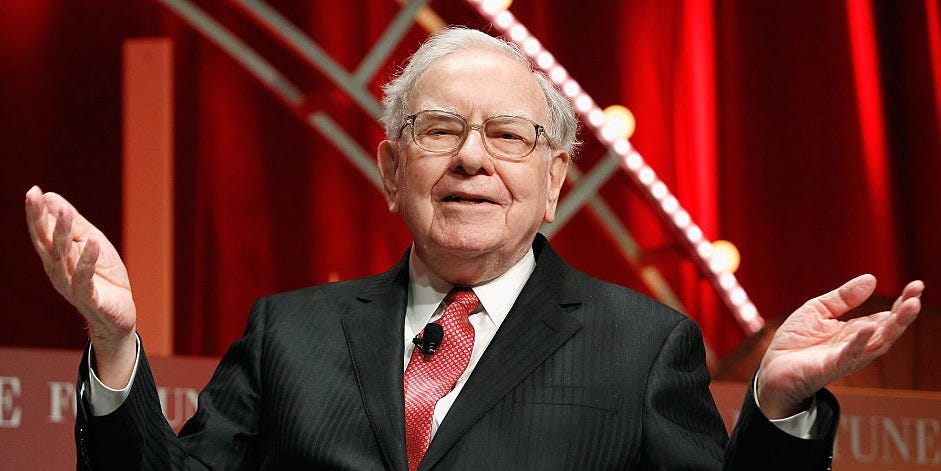 Paul Morigi / Stringer / Getty Images
Paul Morigi / Stringer / Getty Images
- Day traders are mindlessly buying and most are throwing their money away, Wealthfront’s investment chief Burton Malkiel said in a blog post this week.
- “Legions of new day traders have poured new money into stocks without a care for the risks involved, clearly unaware of Buffett’s maxim that ‘It’s only when the tide goes out that you learn who’s been swimming naked.'”
- Their “frenzied buying” includes driving up the share prices of FANGDD — a Chinese company unrelated to FANG stocks — and bankrupt car-rental company Hertz, the Princeton economist and author of “”A Random Walk Down Wall Street” said.
- “I don’t confuse day traders with serious investors,” Malkiel added. “Don’t be misled with false claims of easy profits from day trading.”
- Visit Business Insider’s homepage for more stories.
Bored day traders are making reckless bets and terrible decisions, and the vast majority will underperform the market or lose money, Wealthfront’s investment chief Burton Malkiel warned on the robo-adviser’s blog this week.
The coronavirus pandemic has sparked “full-blown mania” in financial markets, the Princeton economist and author of “A Random Walk Down Wall Street” said.
“Individuals, cooped up at home, working remotely on flexible schedules, with no social activities and no live sports to watch and bet on, have increasingly turned to day trading in the stock market,” Malkiel continued.
Their wild trades may be partly to blame for choppy markets in recent weeks, he added.
While Warren Buffett, Howard Marks, and other veteran investors have been “extremely cautious” and even sold stocks because they’re worried about the virus’ economic fallout, the market’s newest entrants are showing no fear, Malkiel said.
“Legions of new day traders have poured new money into stocks without a care for the risks involved, clearly unaware of Buffett’s maxim that ‘It’s only when the tide goes out that you learn who’s been swimming naked.'”
Barstool Sports founder David Portnoy, who goes by the nickname “Davey Day Trader,” is probably the best-known member of the movement. He now captains an “army” of day traders, or “retail bros.”
Malkiel pointed to two recent examples of “frenzied buying” by day traders on Robinhood:
- Driving the stock price of FANGDD, a Chinese online real-estate group, up more than 2,000%, likely because it has a similar name to the FAANG group of stocks.
- Helping to more than double Hertz’s stock price after the car-rental agency filed for bankruptcy, perhaps because they weren’t aware that shareholders are almost always wiped out in the bankruptcy process.
The economist and author added that almost all individual traders suffer losses over time, highlighting three studies to support his claim:
- Active traders on Charles Schwab significantly underperformed a low-cost index fund over a six-year period.
- Less than 1% of Taiwanese traders consistently beat a low-cost ETF over a 15-year period, and 80% lost money.
- 97% of Brazilian day traders lost money, and just 1% earned more than the national minimum wage.
Malkiel also emphasized that savvy investors diversify and rebalance their holdings, manage their tax burdens, avoid trying to time the market, stick to their convictions, and use investment structures such as low-fee ETFs.
“I don’t confuse day traders with serious investors,” he said. “Don’t be misled with false claims of easy profits from day trading.”













